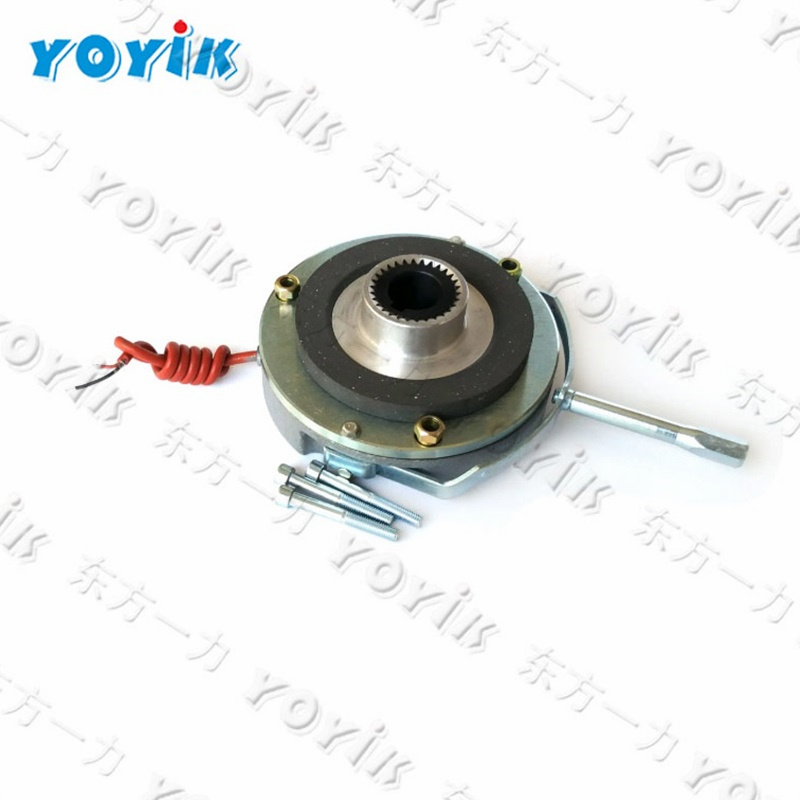Model NO.
RGXTF-21504/43008/64512/86016/129024
Type
Automatic Hatching Machine
Usage
Incubation Equipment
Heating and Ventilation Equipment Type
Electric
Epidemic Prevention Equipment
Aerosol Immune Machine
Computerized
Computerized
Panel
FRP Panel 75mm of Cabinet,50mm of Door,EPS Core,
Temperature Control Range
25-39 Centigrade
Humidity Control Range
40-80% Rh
Stability of Temperature Field
Less Than 0.1 Centigrade
Total Egg Capacity
21504/43008/64512/86016/129024 Eggs
Egg Tray , Ties,Trolleys
84 Eggs,16 Tiers,4/8/12/16/24 Trolleys
REGAL SINGLE-STAGE
Managing the Embryo for Performance Managing Incubation
An improvement in the rate of gain of broilers during the past 20 year has made the incubation period a larger percentage of the overall growth period for commercial poultry and has played a larger role in improving growth efficiency.
Hatchery managers have observed concomitant decreases in hatchability and chick performance, whereas temperature profiles in the setters and hatchers have not changed appreciably. Therefore, these decreases in hatchability, first week livability, hatch time, and overall chick quality have precipitated the need for a change in the way we manage our hatcheries.
The use of single-stage incubation has increased, because research has shown this system more precisely meets the developmental demands of the embryos.
Therefore, research has focused on multi- and single-stage hatcheries to determine the proper hatch conditions necessary to optimize embryonic development, chick quality, and their effects on post hatch performance. Studies have shown how increases in shell temperature, independent of machine temperature, can result in increases in embryonic mortality, decreased heart weight as a percentage of chick weight, decreased yolk-free BW, and increased yolk weight. Factors that have contributed to the increase in heat stress on developing embryos include egg size, air flow, age of the embryo, and breeder flock fertility. Other studies have shown that the variation in chick performance can be explained by heat stress in the hatchery.
Embryonic temperature during incubation is now considered to be the most important physical factor for successful commercial poultry incubation.
Selection of the optimum incubation temperature profile is important to achieve the greatest hatchability. Field work has demonstrated that embryos frequently become overheated during incubation, even when the incubator is operating correctly.
The difference between late embryonic temperature and incubator air temperature is dependent upon thermal conductivity, which in turn is mostly influenced by the air velocity over the eggs. Significant production of metabolic heat from the embryo starts at around day 4. By day 9, embryo temperatures are greater than incubator air temperature. Therefore, removal of heat from the embryo, rather than just distribution of the air within the incubator, becomes a critical factor influencing hatchability. The uniformity of the air velocity within the incubator will depend on the ease at which the air is able to pass over the surface of the egg shells to dissipate heat. The number and size of shell pores and shell thickness are factors that influence conductance, and the ability of the egg to dissipate heat is directly related to egg size. As egg mass increases, thermal conductance does not increase proportionally. Therefore, larger eggs have greater difficulty dissipating metabolic heat produced by the embryo. Physical conditions or design of the incubator can also influence thermal conductivity. For example, failure to properly fasten air-directing curtains in a multistage incubator, incomplete turning, or design of egg trays may result in air passing around the egg mass rather than through them.
Overheated embryos either in the setter or hatcher characteristically show reduced yolk-free chick weight, decreased heart size, and heart as a percentage of chick weight when compared with controls. Other lesions observed in hatch residue analysis for overheated chickens, turkeys, or both, have been red, bruised hocks; enlarged yolk masses; unhealed navels; increased late dead embryos; malpositions of late dead embryos with head over the top of the wing or with head in the small end; and others.
Regal Single-Stage incubator design optimized embryonic development, chick quality, and their effects on post hatch performance. Regal single-stage incubator improved the temperature environment around the egg shell, which resulted in decreasing in embryonic mortality, decreasing heart weight as a percentage of chick weight, decreasing yolk-free BW, and increasing the yolk weight.
Regal Single-Stage full line of product will be welcomed by many customers because of their perfect stability of controlling system, strong energy saving and the flexibility of operations, and raise the subversive technical innovation.














